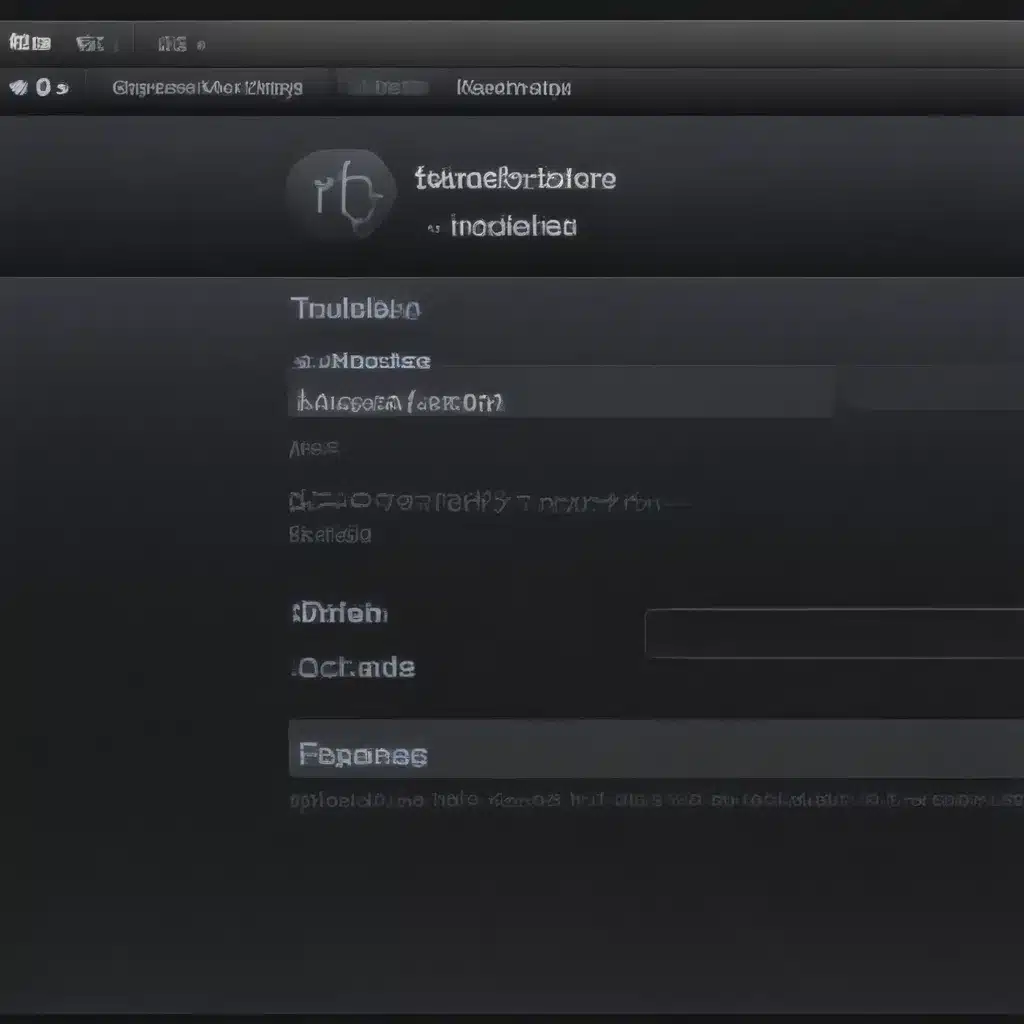As a computer repair technician in the UK, I’ve seen my fair share of identity theft horror stories. Folks come in, panicked, with their devices infected by some nasty malware that’s wreaked havoc on their finances and credit. It breaks my heart to see, but the truth is, identity thieves are crafty buggers. They’re always dreaming up new ways to steal your sensitive info and exploit it for their own gain.
But you know what they say – the best defense is a good offense. By taking a few simple precautions, you can drastically reduce your chances of becoming a victim. In this article, I’m going to share my top tips for guarding your personal information and keeping those identity thieves at bay.
Freeze That Credit
One of the best ways to protect yourself is to freeze your credit with all three major bureaus – Equifax, Experian, and TransUnion [1]. This essentially locks down your credit file, making it much harder for crooks to open new accounts in your name. It’s free to do and you can easily unfreeze it whenever you need to apply for credit yourself.
Now, I know what you’re thinking – “But won’t that be a hassle?” Trust me, it’s a small price to pay for the peace of mind. And the alternative is, well, dealing with the nightmare of identity theft. I’ve seen it happen, and let me tell you, it’s not pretty. Fraudsters can drain your bank accounts, ruin your credit, and generally make a complete mess of your financial life. Better to be proactive and freeze that credit.
Guard That Social Security Number
Your Social Security number is the holy grail for identity thieves. It’s the master key that unlocks a treasure trove of your personal information. So, you gotta treat that sucker like the crown jewels [2].
Don’t carry your Social Security card around in your wallet. Heck, don’t even carry a copy of it. Keep that number securely stored somewhere safe, and only give it out when absolutely necessary. And when you do have to provide it, ask the person or organization why they need it and how they’ll protect it. If you’re not satisfied with the answers, politely decline.
Outsmart the Scammers
Scammers are constantly coming up with new ways to trick us into handing over our personal info. They might call, pretending to be from a bank or government agency. Or they could send an email that looks like it’s from a legitimate company, asking you to verify your account details [3].
Here’s the thing – legitimate organizations will never, ever ask you to provide sensitive information over the phone or in an unsolicited email. If you get a request like that, don’t respond. Instead, reach out to the company directly, using contact info from their official website or a statement you have on file. That way, you can be sure you’re talking to the real deal.
Password Prowess
Passwords are the gatekeepers to our digital lives, so we gotta make ’em strong. I’m talking at least 8 characters, with a mix of letters, numbers, and symbols [2]. And for goodness sake, don’t use the same password across multiple accounts. That’s like giving identity thieves a master key to unlock everything.
Now, I know coming up with unique, complex passwords for all your accounts can be a real pain. That’s why I recommend using a password manager. These nifty little apps generate strong passwords for you and store them securely, so you don’t have to remember them all. It’s like having your own personal vault for your login credentials.
Social Media Savvy
In this digital age, we share so much of our lives on social media. But be careful – everything from your home address to your pet’s name can be valuable intel for identity thieves [2].
I know it’s tempting to overshare, but try to be mindful of what you’re putting out there. Avoid posting personal details that could be used to guess your security questions or passwords. And be wary of those “fun” quizzes and surveys that ask for all sorts of personal info – those are often just thinly veiled attempts to gather data about you.
Vigilant Monitoring
Even if you do everything right, there’s always a chance your information could still fall into the wrong hands. That’s why it’s crucial to keep a close eye on your accounts and credit reports [1,4].
Check your bank and credit card statements regularly, looking for any suspicious activity. And be sure to review your credit reports at least once a year, using the free annual reports available from the major bureaus. That way, you can catch any signs of identity theft early and nip it in the bud.
The Power of Shredding
Remember those old-school paper shredders? They’re still one of your best defenses against identity theft [4]. Anytime you have documents with sensitive info like account numbers or Social Security digits, make sure to shred ’em before tossing them in the bin.
And don’t just stop at your own paperwork – be vigilant about what you’re throwing away, too. Those pre-approved credit card offers and other junk mail can be a goldmine for identity thieves. Give ’em a good shred before they end up in the wrong hands.
Secure Online Transactions
In this digital world, we’re doing more and more of our shopping and banking online. And that means we’ve gotta be extra careful about how we handle our sensitive information [5].
When making purchases, look for the padlock icon and “https” in the URL – that means the website is secure and your data will be encrypted. Avoid inputting your credit card details on public WiFi networks, where savvy hackers might be lurking. And consider using a digital wallet or other secure payment method whenever possible.
Safeguarding Devices
Our computers, smartphones, and tablets hold a wealth of personal information. So, we’ve gotta make sure we’re keeping those devices locked down tight [2,6].
Use strong passwords or biometric security (like fingerprint or face recognition) to protect your devices. Install reliable antivirus and anti-malware software, and keep it up-to-date. And be cautious about downloading apps or files from unknown sources – they could be hiding nasty malware that puts your data at risk.
A Watchful Eye
At the end of the day, the best defense against identity theft is vigilance. Stay alert, trust your gut, and don’t be afraid to ask questions when someone asks for your personal info [3,4].
I know it can be a hassle, but trust me, it’s worth it. The alternative – dealing with the fallout of identity theft – is a nightmare I wouldn’t wish on my worst enemy. So, keep those guard rails up, my friends, and don’t let the identity thieves win.
References
[1] Knowledge from https://oag.ca.gov/idtheft/facts/top-ten
[2] Knowledge from https://www.texasattorneygeneral.gov/consumer-protection/identity-theft/help-prevent-identity-theft
[3] Knowledge from https://www.nerdwallet.com/article/finance/how-to-prevent-identity-theft
[4] Knowledge from https://www.usa.gov/identity-theft
[5] Knowledge from https://www.experian.com/blogs/ask-experian/how-to-protect-yourself-from-identity-theft/
[6] Knowledge from https://www.usnews.com/360-reviews/privacy/identity-theft-protection/10-ways-to-prevent-identity-theft
[7] Knowledge from https://lifelock.norton.com/learn/identity-theft-resources/how-to-prevent-identity-theft
[8] Knowledge from https://www.equifax.com/personal/education/identity-theft/articles/-/learn/how-to-protect-against-identity-theft/













